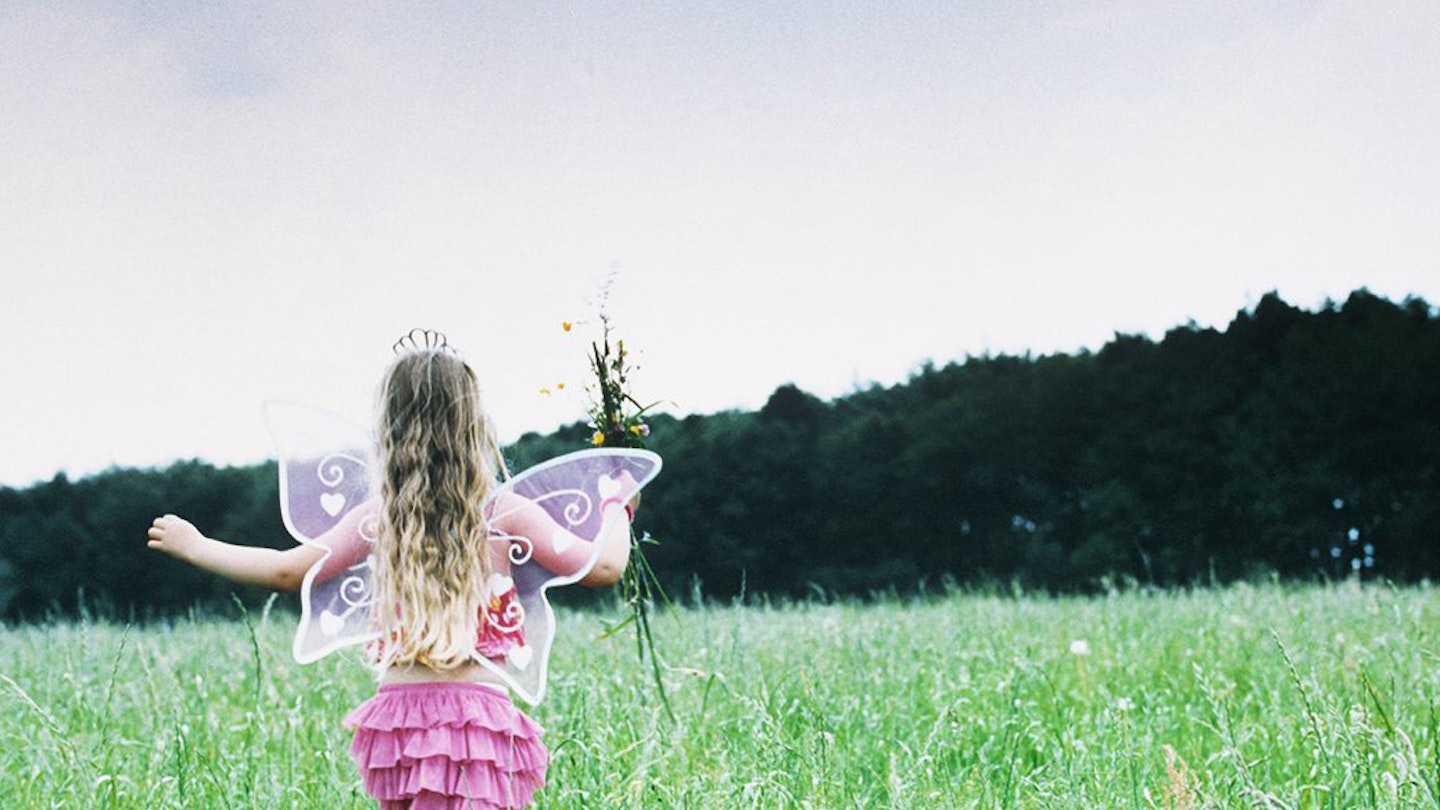"Objectification and harassment is ruining girls' lives."
So said the Fawcett Society last week in response to a new report from Girlguiding UK. The report made grim reading, describing a crisis of body confidence among girls, with more than a third of 7-10 year olds saying they've been made to feel that how they look is the most important thing about them.
As a result, GirlGuiding UK has started a campaign, urging people to use social media to tell girls #YouAreAmazing – without referencing their looks.

I have two girls and as utter maternal bias dictates, I think they're the most beautiful, chubby-footed creatures to have graced this Earth, never mind south London. And I tell them so, quite a lot. While trying not to bite their cheeks.
Yikes. Have I been doing everything wrong?
While of course I agree that little girls and boys should be valued for who they are and not what they look like, I baulk at the idea that complimenting a child's appearance might now be off-limits.
For a start, kids are themselves enchanted by how they look. Should you ever find yourself in charge of a pre-schooler for an hour, just grant them access to your shoe collection, a pile of hats, a wooden spoon and a full length mirror, and you're sorted. (Trust me - the spoon adds something.)
And whether it aligns with your taste or not, some girls just do love tiaras and princess dresses and clopping around in your heels. Staunchly refusing to tell them they look pretty in return is nonsensical.

The point is to tell them they look amazing when they're wild-haired and covered in paint, too. To tell them regularly that they're brave and kind and funny as well. To praise the size of their conker collection and their colouring in.
We live in an age where image is more powerful than ever, and this brings with it undoubted new pressures. But what we look like is part of who we are and it's naïve to imagine that the way to deal with society's preoccupation with appearance is to cut off the conversation, banning words like 'pretty' along the way.
Watching a four-year-old gaze at her reflection while being told she's beautiful isn't hammering home the idea that looks are all-important, so long as she knows she's so much more than that too. It's forging a positive self-image. And if my words end up being the soundtrack that plays when my girls look in the mirror twenty years from now, that's fine by me.
Keep on clicking:
Chimamanda Ngozi Adichie: Beyoncé's Type Of Feminism 'Is Not Mine'
